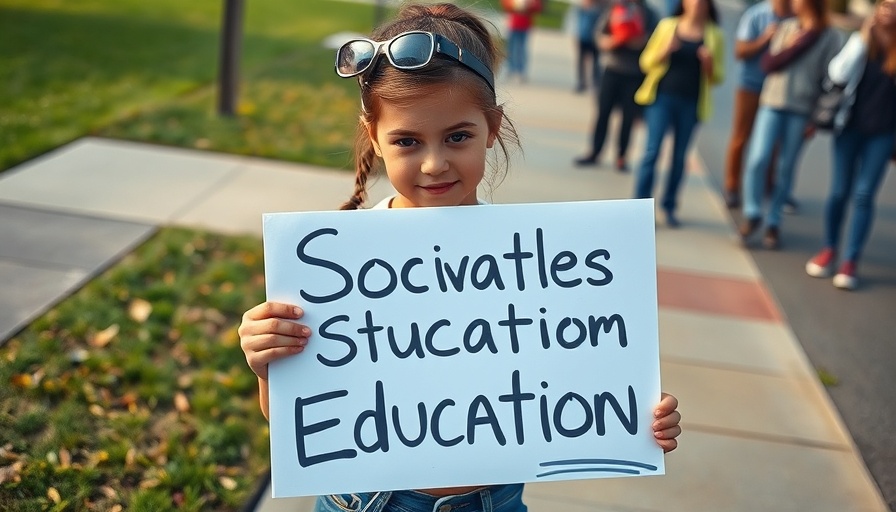
Trump's Bold Move: An Executive Order Challenge
In a surprising announcement, Donald Trump has indicated plans to sign an executive order that aims to shutter the U.S. Department of Education. While such a directive would send shockwaves through the educational landscape, experts caution that achieving this goal is nearly impossible without legislative backing from Congress. This move not only ignites a fierce debate about governmental authority but also raises questions about the future direction of educational policy in the United States.
The Education Department's Role in American Society
The Department of Education plays a crucial role in overseeing federal educational programs, administering student loans, and enforcing civil rights in education. Its assembly of federal regulations supports local school systems, ensuring equitable access to education. Given its pivotal role, any attempt to shut down the department would likely face significant opposition from educators, parents, and students alike.
The Political Landscape: Are Executives Overstepping Their Bounds?
As Trump seeks to implement this executive order, the reaction pulses strongly among lawmakers. Many political analysts argue that such an act would overstep executive powers, prompting vigorous debate about the checks and balances in the American government system. Critics of the executive order are rallying, emphasizing the need for congressional approval for any drastic alterations in educational governance.
Local Business Impact and Broader Economic Consequences
The shutdown of an institution that provides essential educational resources could reverberate through the business community, particularly in areas reliant on federal education funding and student aid. The tech industry, especially in the Bay Area, thrives on a well-educated workforce. Startups and local businesses benefit significantly from federal provisions aimed at fostering educational growth.
Voices from the Community: A Mixed Reaction
Protests against this potential executive order have already begun, demonstrating the community's determination to protect the Education Department. The diverse voices reflect varying opinions about the value of federal intervention in education, particularly among business professionals who understand the precarious connection between education policy and economic prosperity. Many fear the implications of dismantling federal support for education, which they view as essential for cultivating future innovators and leaders in the tech space and beyond.
As this story unfolds, it is crucial for business professionals and community members to remain informed about the potential implications of such significant governmental changes. Engaging in discussions and advocating for educational policies could influence the broader business environment, shaping outcomes for years to come. Stay tuned for further updates on this issue as it develops—your voice matters in shaping the future of education policy!
 Add Row
Add Row  Add
Add 



Write A Comment